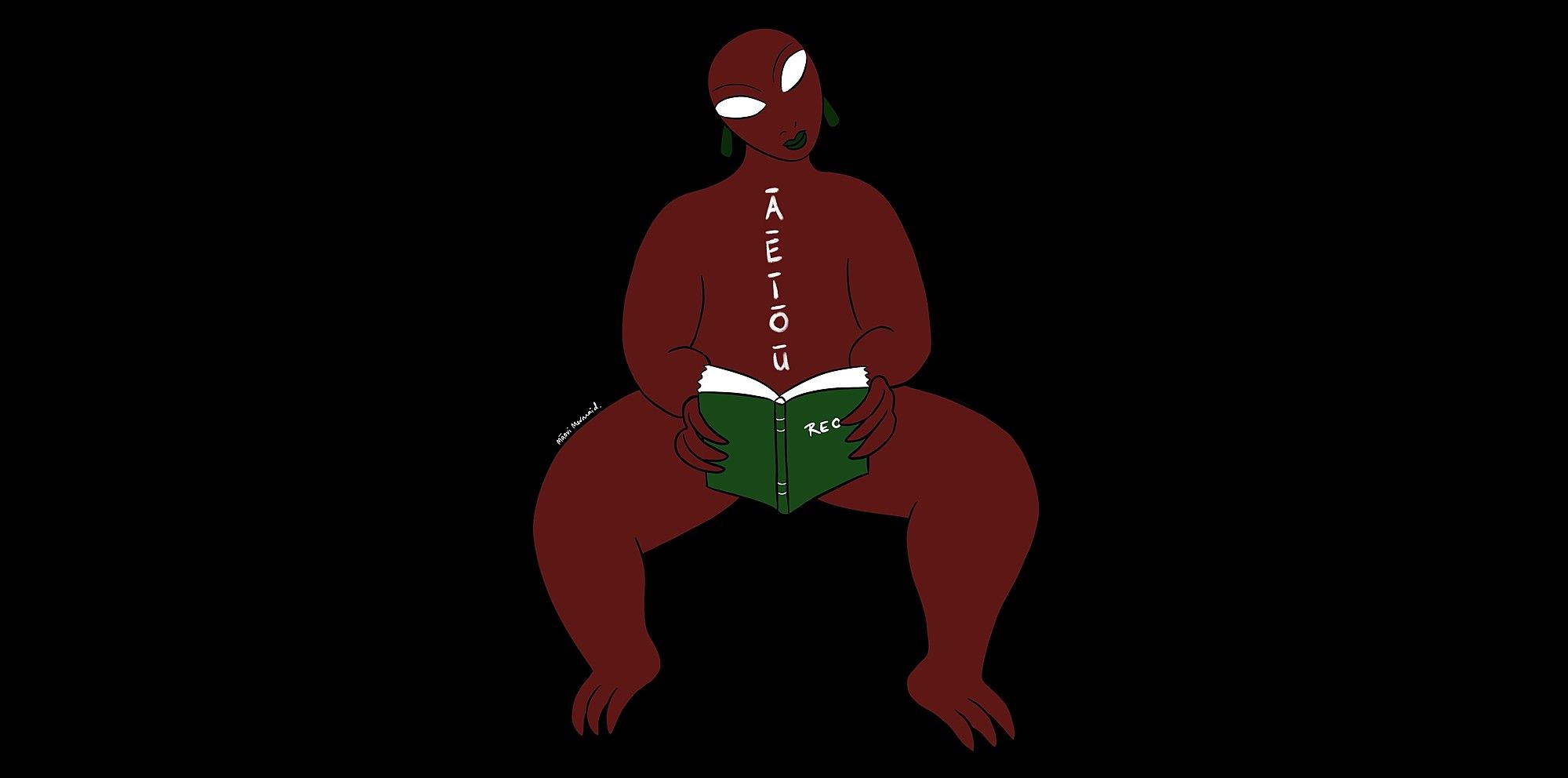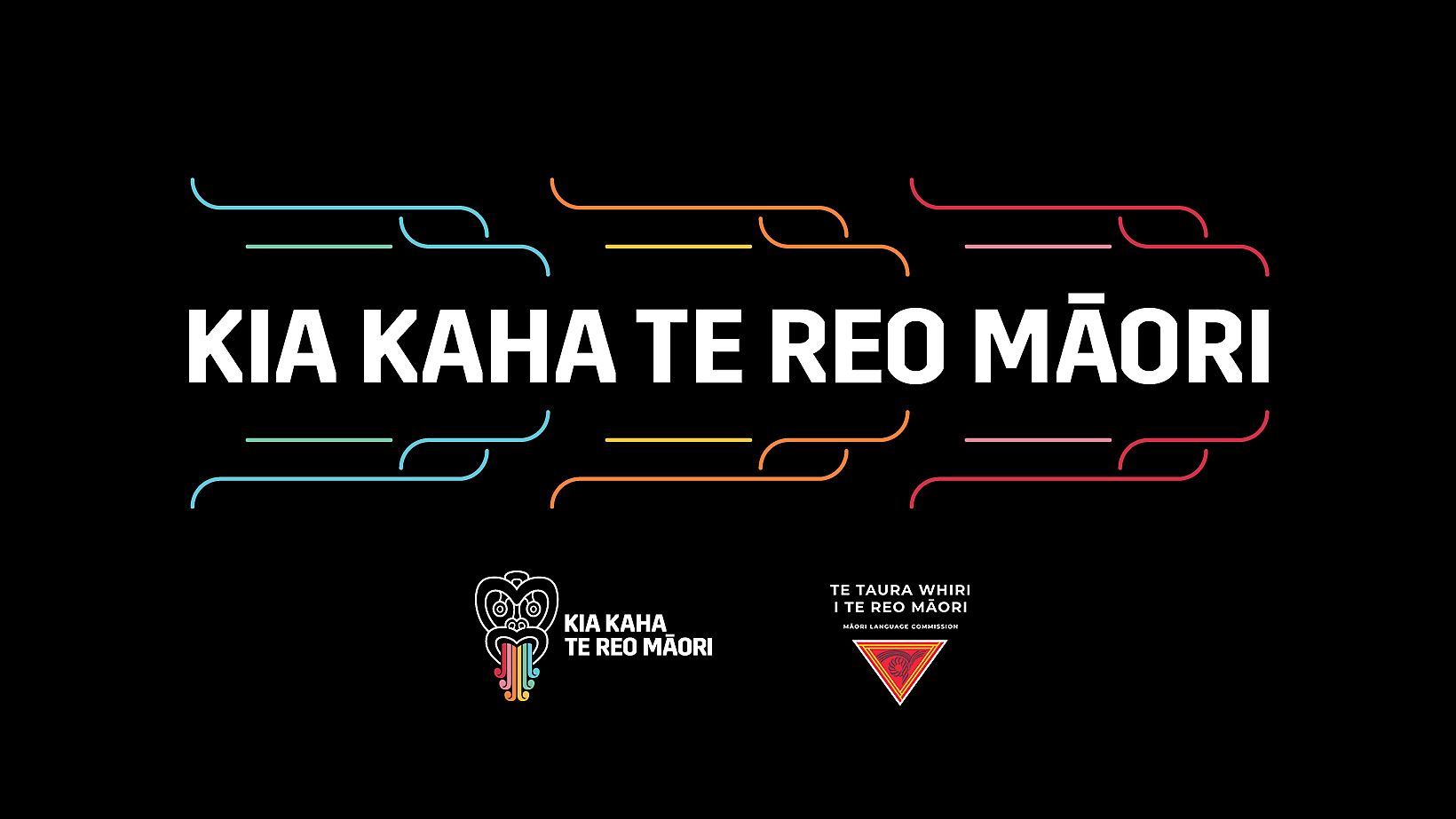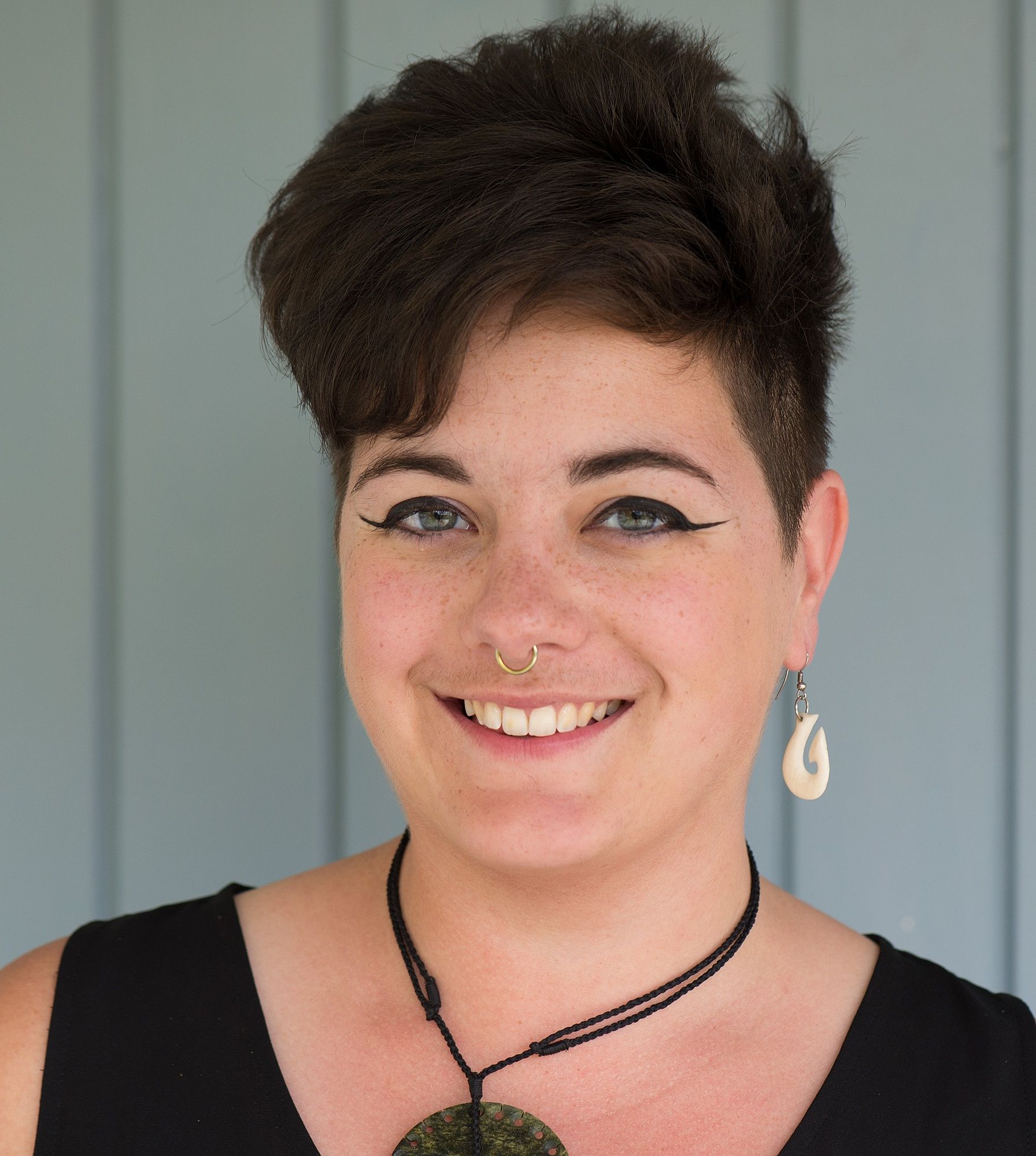Kia Kaha: Kassie on Whakamā
Kassie Hartendorp on her haerenga as a whakapapa Māori language learner of te reo.
It is the final day of the deadline for this piece on learning te reo Māori, and I have still not started writing. If you had asked me about procrastination weeks ago, I would’ve said I’d conquered it. I don’t put things off anymore, I just get them done. But this is not done. It is not even started.
I have done everything else, of course. Interviewed loved ones on their thoughts. Waited for other peoples’ words to arrive and read the works of those who have come before. Become engrossed in my work and said to myself the whakaaro will come when it needs to. I have done the chores, fed the chickens and even jumped up just now to a beeping washing machine – yet another welcome interruption to the task ahead of me. Sharing my thoughts on my journey with te reo Māori.
I wish I could start from the beginning. But I don’t even know when or where that is. Is it the day I took my first te reo class, enthusiastic to receive a Māori dictionary? Perhaps it was the takatāpui kapa haka groups where I learnt to sing waiata with the whakawāhine before I could even string a sentence together? Was it nesting in the throats of my kuia, who made the painful decision not to pass it on to their children? Was it with the first word, the densest whisper uttered from Papatūānuku to Ranginui in the potent darkness?
It may be easier to start with another kind of beginning.
I was born in 1989, more than a decade after the unrelenting protests of Māori and the cultural revitalisation of the 1970s. My birth followed the piercing economic reforms of the 1980s. As I was learning my first words and taking my first wobbly steps, some of our major language institutions were being rebirthed. Kōhanga reo, kura kaupapa and whare wānanga.
I leant that many Māori are terrified. That te reo is the one thing they are scared of failing at
Our generation grew up with the struggle at Pākaitore, the rise of the Māori Party and the Foreshore and Seabed debate. Then there was the wero of the Mana Party and the fight for Ihumātao. We were the digital natives, the ones who were beginning to live online and offline, a sea of mounting information at our fingertips. We were meant to be the ‘lucky ones’ because by the time we arrived, our inheritance included a growing revitalisation in our language and culture.
And yet, there has been almost nothing joyful, fulfilling or ‘lucky’ feeling about my learning journey with te reo Māori. I don’t say this to invoke pity. I don’t feel bitter about it. I am beyond grateful for the people who have kept our language alive. It is simply my truth. I have spent nearly four years in formal wānanga settings, and I wish I could say that it changed my life, nourished my wairua, and all of those things that the beautiful speakers on Māori TV embody when you turn on the screen. But it hasn’t.
I have had incredible experiences with learning my Māoritanga, but not te reo Māori. I thought that maybe my jarring and awkward experiences were because of my white skin and pale eyes – I had long ago accepted that some Māori might not want to teach me because I have the face of the coloniser. But after talking openly about my difficulties with te reo, I found that Māori of all backgrounds have had their own fears and struggles in re-learning their language.
I learnt that many Māori are terrified. That te reo is the one thing they are scared of failing at. Some are fearful of making mistakes in front of others, from pronunciation, to the mihi, to the kupu. Not getting the karanga, kauwhau or whaikōrero. I learnt that for people who didn’t grow up with te reo, the whakamā is overwhelming. That it is sometimes better to not even try because it means too much and the risk is too high.
I have seen grown adults cry in immersion te reo classes
The line between learning and humiliation seems paper-thin. I know this in my gut. I have seen grown adults cry in immersion te reo classes. I spent an hour sobbing in a bathroom after a kaiako targeted and interrogated me in front of a class of strangers. I have both felt and seen anxiety-induced panic attacks before being asked to introduce yourself. I have watched people save face and put down others, so their ability is never questioned.
I have found the ugly parts of ourselves and myself come out when this fear festers. I looked into scared blank faces in classrooms and I have seen people slip through the cracks and leave in silence. I harboured the belief that you just had to push through the fear, shame and discomfort to come out the other side. That this must just be a natural part of the learning process. Everyone clams up or breaks down when learning a new language, right?
But see, te reo Māori is not just another language to us. It is a doorway to our culture, it is a link to our ancestors. It is the vessel of our knowledge, and an innocent-seeming thread leading to deep-seated intergenerational trauma. Once you pull on it, there is no telling what can be unearthed. The unresolved pain that sits in our whānau. The harsh reminder of what has been taken, and forgotten childhood memories. The guilt of our grandparents and the grief of our parents. Our own personal shortcomings. You never really know what you will find at the end of the thread. Te reo can be a rongoā in itself, but goddamn we have to go on a journey sometimes to even recognise the pain.
Te reo Māori is not just another language to us. It is a doorway to our culture, it is a link to our ancestors
I have been willing and ready to go on that journey and I have had the time, resources, opportunities and support to do that. The question lingers in my mind; if this has been heartwrenching for me, no wonder the rest of my whānau aren’t learning te reo. I often think of those who have been left behind by the cultural revitalisation movement. Who are too busy just surviving to attend a night class. Or are too deep in the pain to even consider a learning journey.
I don’t know the answer. My own formal learning is on hold for now. I tell my classmates that I got too busy with work and life, and it’s not a lie. But it’s not the full truth. I cry when I write this article. I feel like I am failing my ancestors. Maybe I just haven’t tried hard enough. The poet in me wonders if colonisation was the ultimate interruption, and all we can do is keep beginning again. The pessimist replies that there was never an elegant solution, and I was stupid to think I would find joy and fulfilment anyway. The realist says that the awkward stops and starts are the very character of the world we have inherited. My gut says I’m not ready to delve into the next beginning. My heart says, forgive yourself, you may not be done, but you have started, and one day you might start again.
Feature image: Jessica Thompson-Carr (Māori Mermaid)
The Pantograph Punch supports Te Wiki o te Reo Māori.
.


